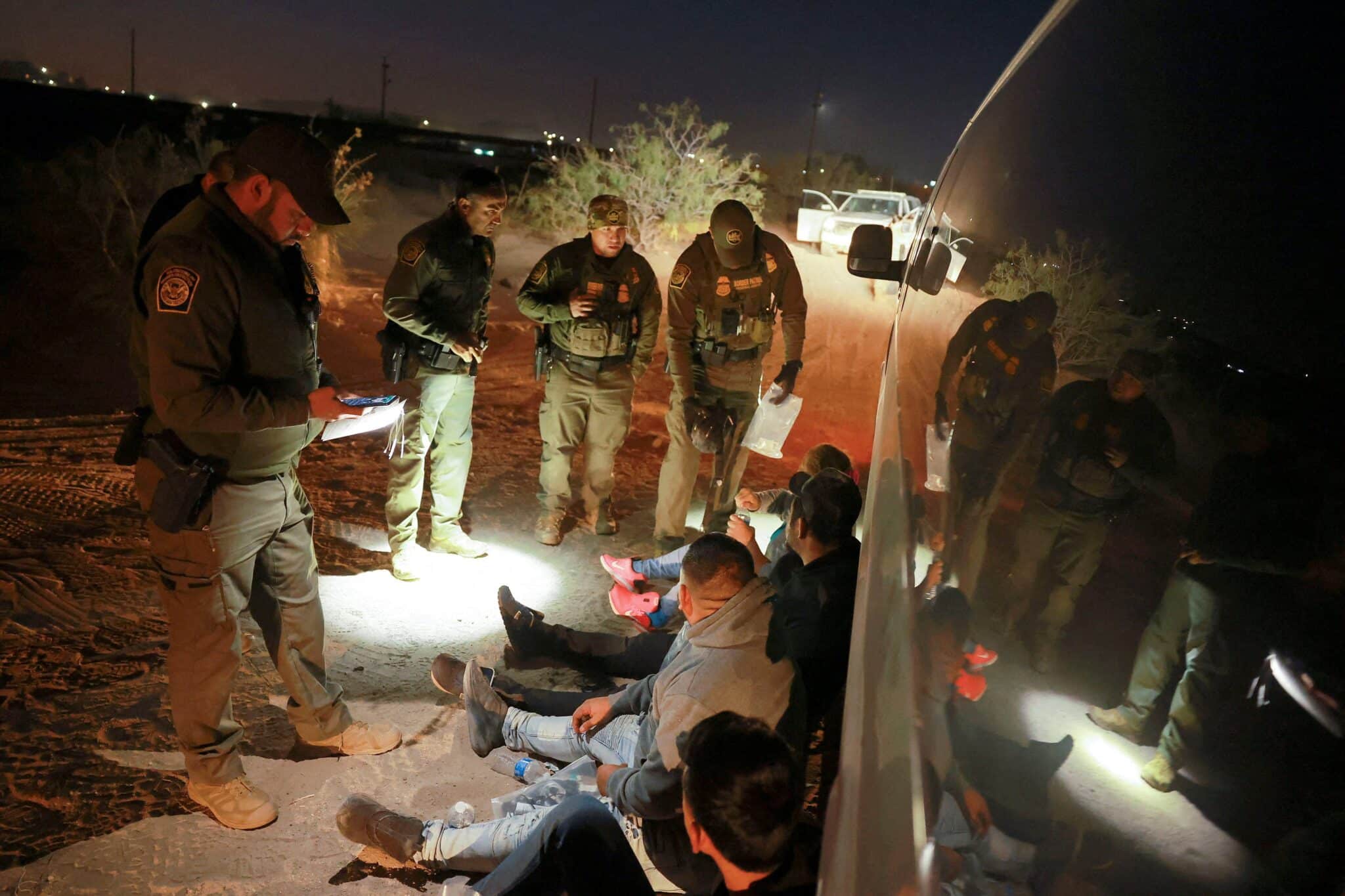Imagine this scenario: A mother and father, out of fear for their family’s lives, leave their country of origin in search of a better situation. Could it be Mary and Joseph? Or what if I told you it was about a family from Mexico or elsewhere in Latin America trying to escape the situation in their country to find new opportunities? Would you react differently?
The subject of immigration is one that immediately elicits passionate responses from people. Often the issue is met with questions such as these: “Why can’t they just wait in line and come here legally like our ancestors did?” and “Why should we let them in? Most of them are drug dealers and criminals.”
Most of the time, people who ask these questions aren’t really interested in a conversation. That’s much easier than having difficult conversations about how to fix a broken system, right? Because to do that would require working together to find answers. What a novel concept.
It’s Not That Easy
The average American, I suspect, is not aware of the process for migrants to come to the United States. The reasons for legal entry are narrow—many of the reasons do not apply to those attempting to immigrate—and the process can take years. Many people point to their ancestors as the right way to be welcomed into our country. But I don’t know that I’d necessarily say that it was the right way. For most of them, there were no immigration laws when they immigrated. They just did it.
According to the United States Conference of Catholic Bishops Migration and Refugee Services: “Until the 1870s, the federal government did virtually nothing to restrict immigration to the United States. In most cases, immigrants who arrived to the United States in search of work or a new life simply settled in the country and became citizens after a period of time.”
Over time, policy changes were enacted regarding the issue, but mostly they pertained to specific situations. Immigration was not significantly restricted until the 1920s, “by which time many of our immigrant ancestors had already arrived,” state the bishops.
Filling a Void
The reality is that many migrants come to the United States for financial reasons. Money earned is often sent home to their families. In order to do so, many migrants willingly take on jobs that many of us would not be willing to do. Do you enjoy the fresh fruit at the grocery? Who do you think probably harvested much of it? Chances are, it was painstakingly harvested by someone hoping for a better life. They do so for a chance, just a chance, for the American dream that, honestly, so many of us take for granted.
Instead, we treat them as a conglomeration of people that have been slapped with the all-encompassing label of illegal immigrants. We use them as pawns in a game. In order to prove a point, governors bus migrants to other states. Rather than have constructive discussions and come up with possible solutions, leaders use the issue as a political weapon. I would love to see people, including any member of Congress, live the reality of these immigrants for one day. I wonder if that might change their perspective or spur them into action. At least, I hope it would.
The ultimate goal should be reasonable immigration policies that respect and assist all the parties involved—Americans and immigrants. In the current political world, though, if things continue as they have been, that seems unlikely. But it doesn’t have to be that way. To achieve that, however, we’re all going to have to take a long, hard look at where we stand on this issue and ask ourselves: What would we do if it were Mary and Joseph standing at the border, asking for help?









1 thought on “Editorial: Let’s Talk about Immigration”
Last September 2023, Fr. Perricone wrote a very good article titled: “Is opposition to illegal immigration a sin?” I believe that’s what the title was if my memory serves me correctly and I think that’s his name too if my memory serves me correctly.
Anyways what he wrote is worth reading for anyone interested in the subject.